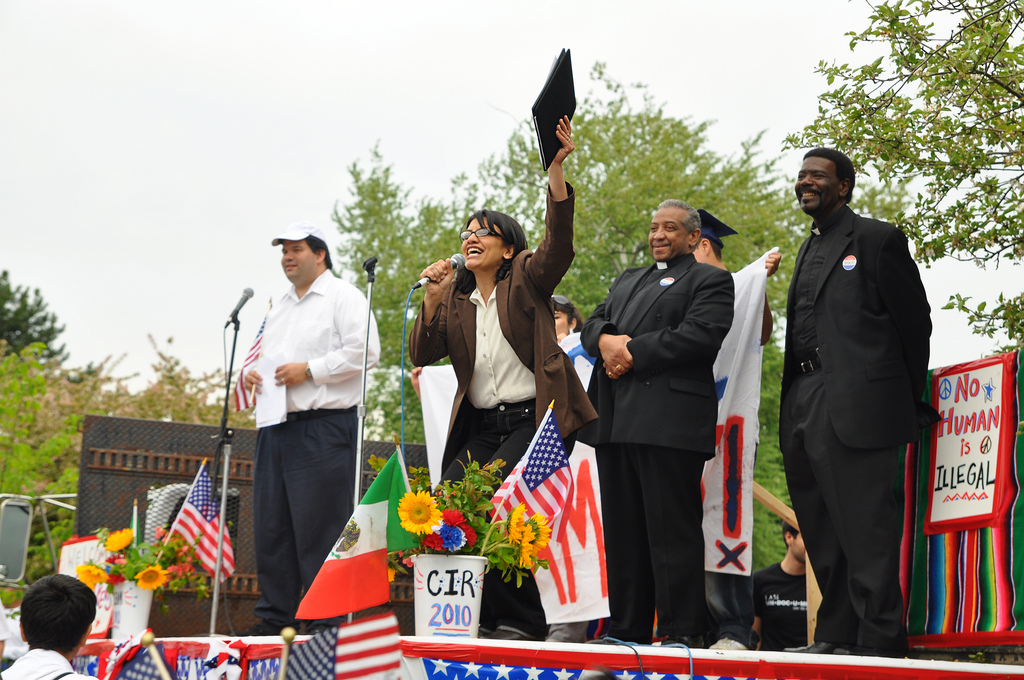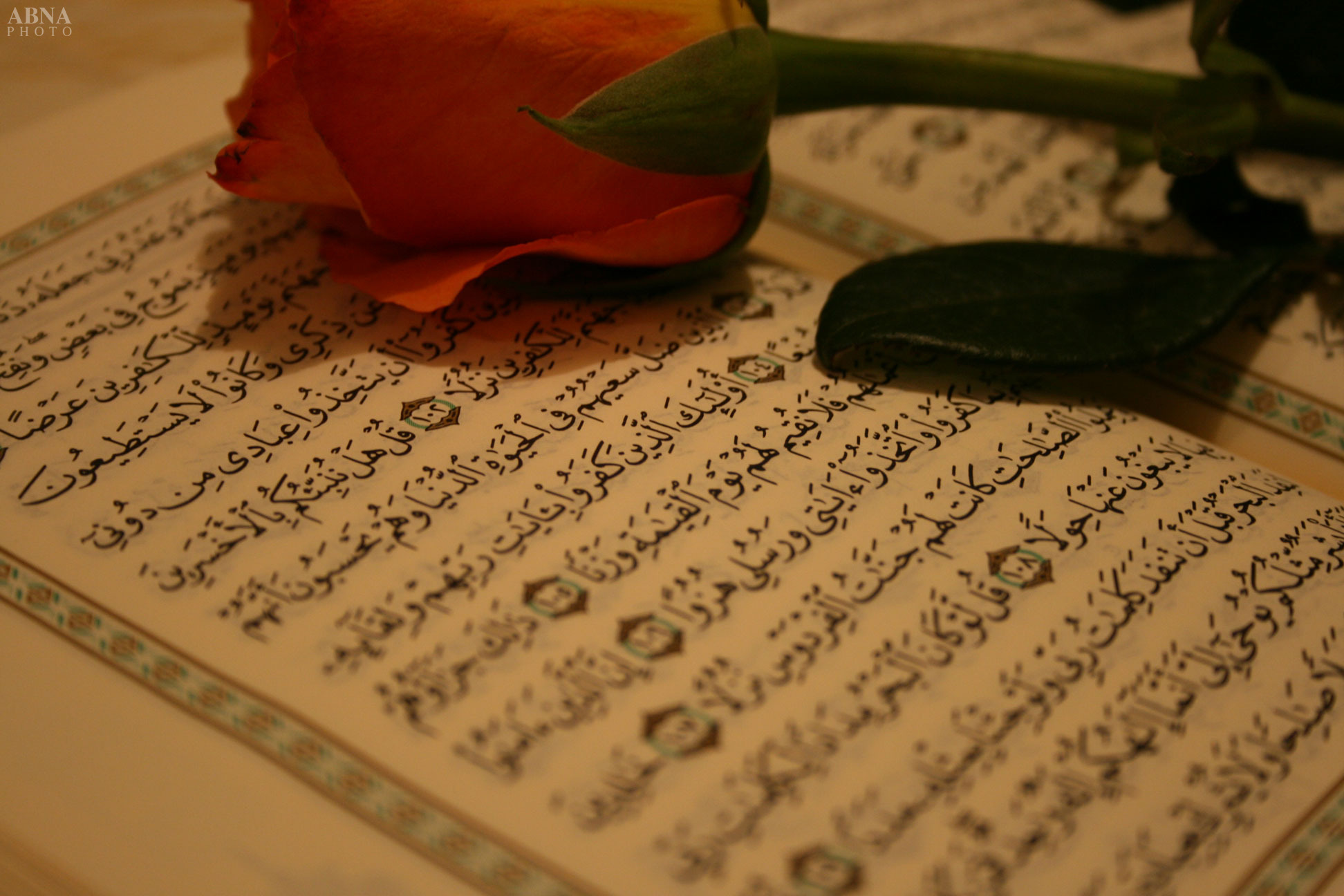It makes me really sad, that we fast the entire month, strive for excellence in behavior and worship, but come the day of Eid, we miss out on one of the most significant aspects of our religion.
I’ve been mulling over this topic since the beginning of Ramadan really, wondering how to broach it. For a few years now, (since I married and my husband educated me on the undeniable proofs) my attempts to get other women to attend the Eidgah have been just that – attempts. Feeble one’s.
I was thinking of putting together a compilation of the ahadith pointing to the wujood of attending Eid prayers, for men and women, but that’s been done before. There are even lists of these ahadith with counter arguments for each one. To avoid presenting a counter-counter argument, I really didn’t know where to start. Quraysha Yousuf, a scholar of Islam, journalist and friend of mine, has really made my task easier. She writes indisputably about the matter.
After so many years of studying Islam, I still find it difficult to challenge these misconceptions, because they have been so ingrained in the psychology of South African Indian women. Notice how specific the population group I am referring to is? That’s because, the world over, Muslim and otherwise, the Eid fields and masaajid are open to women, save for some subcontinental communities, who have adopted a rather misogynist Islamic viewpoint. South African Indian Muslims have followed in the footsteps of their ancestors, and continue to perpetrate injustice to women with regards to sacred space, amongst other things.
Women are viewed as the ultimate symbol of temptation to those who espouse this ideology. Even the women themselves have grown up believing these things about themselves and their sisters. How sad, how despicable.
I’ve been speaking to women activists, trying to gather momentum, and understand why it’s so difficult to make men and women see the importance of this matter. From where I’m sitting, it seems like a simple issue of power politics. Most men are too happy with the status qou, and the authority it gives them, to change anything. The ruling clergy have been indoctrinated to view the feminine as innately evil, and the general public have been brought up to revere the clergy. Hence, this cycle of oppression! We do of course get the occasional, “women are pearls and diamonds and we must protect them, men are so weak that they will pounce any women who is outside her home” rhetoric. It’s amazing really, how seemingly educated people buy into this.
But, I digress. The main issue here, is that the blessed day of Eid is less than a week away, and like every other year, I see the women of our community hyped up and stressed out about the day of celebration, for all the wrong reasons. They are more worried about the food that needs to be prepared, the clothes that need to be bought and the people that need to be pleased. The blessed morning of Eid passes by without them even realizing the magnanimity of what they have just missed – the Eid prayer.
That prayer, which the Prophet (saw) commanded every women to be brought out for, regardless of her age or whether she is menstruating!
Men and women accept weak arguments of “intermingling of sexes”, “no observance of hijab”, “fitnah” as proof that the womenfolk should remain at home, stirring the milk and setting the table!
During the time of the Prophet (saw), there was not even a barrier between the men and women, the women simply lined up behind the men (as it still is in many countries today, like Palestine and Syria).
Lets get real people. Do you really believe that women will turn up in mini-skirts and tube-tops to Eid salah? What’s so difficult about having a few abaayat on stand by in case some really eccentric women do! Do we really believe that men are so weak, that women are so tempting? That at a place of prayer, people are going to go around seducing others? Is Islam all about sexuality, because that is what these silly theories have reduced it to! What about spirituality and humanity? What about brotherhood and sisterhood?
It all smacks of hypocrisy. Why would the Prophet (saw) command and allow things if it were going to be prohibited later on? That is so illogical! People say, “we are not living in that golden era, times have changed, evil prevails”, but this is even more reason why we must frequent the masaajid, so we can remain strong, educated and united Muslims and Muslimahs!
Gasp all you like, but I maintain my theory, that it is because SA Indian women have been barred from the masaajid that there is so much fitnah. It is because they have been cut off from their spiritual heritage, that they are so disconnected. They don’t know what it is like to be a part of the ummah, to stand shoulder to shoulder with the stranger who is also a sister, to bow down as one huge corpus of men and women, before the Almighty.
It makes me really sad, that we fast the entire month, strive for excellence in behavior and worship, but come the day of Eid, we miss out on one of the most significant aspects of our religion. Don’t let the fruits of your Ramadan go sour dear sisters, by staying at home, when you should be at the Eidgah. The proofs are there, the facilities* are there, the decision is yours!
*Facilities for women in the Johannesburg area – Bosmont, Brixton and Greenside. (please leave a comment if you know of others)
Safiyyah Surtee is a graduate of Arabic and Islamic Studies. She is currently a student researcher at the Afro-Middle East Centre. She is also a freelance writer, involved especially in Islamic feminist discourse. Safiyyah is a regular contributor to the Muslimah Media Watch organization, where she critiques biased representations of Muslim women in the media. This post previously appeared at Ramadan 2009



